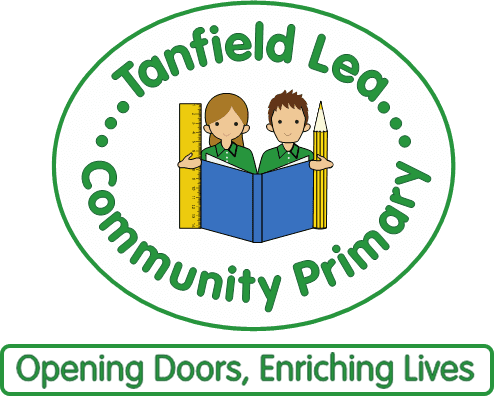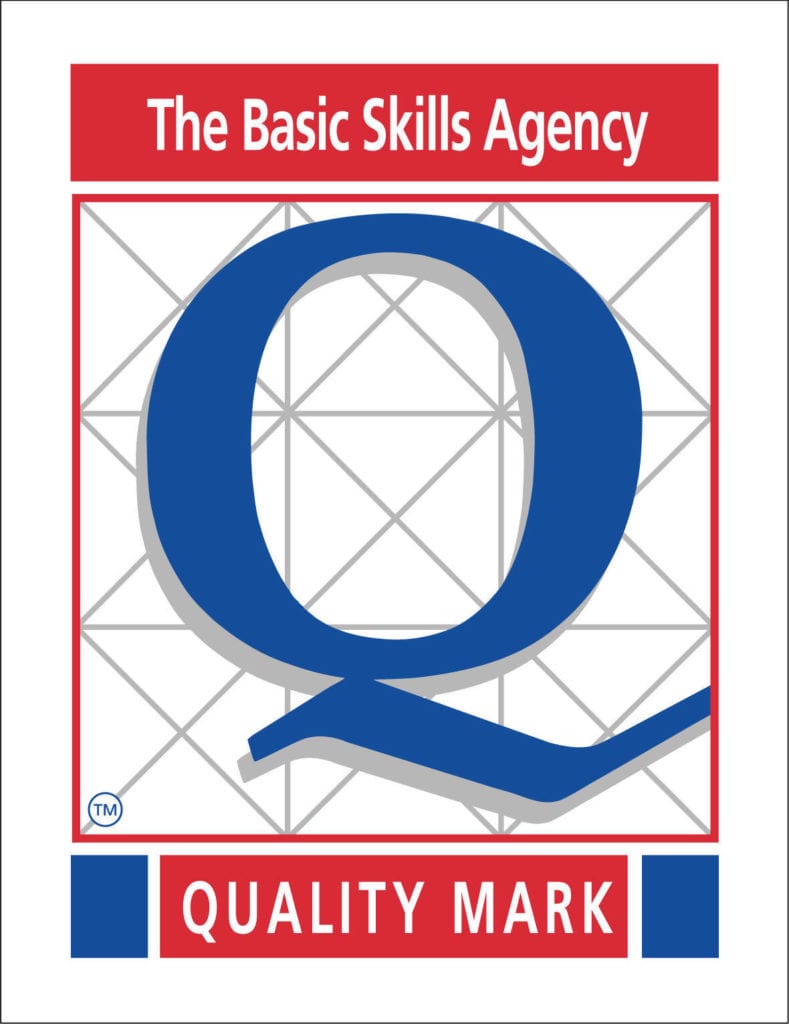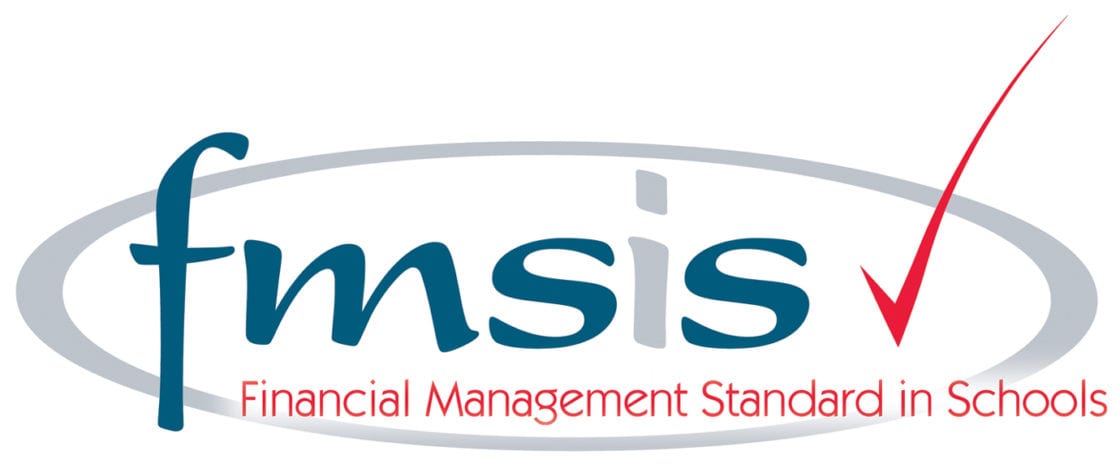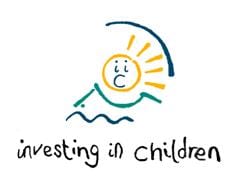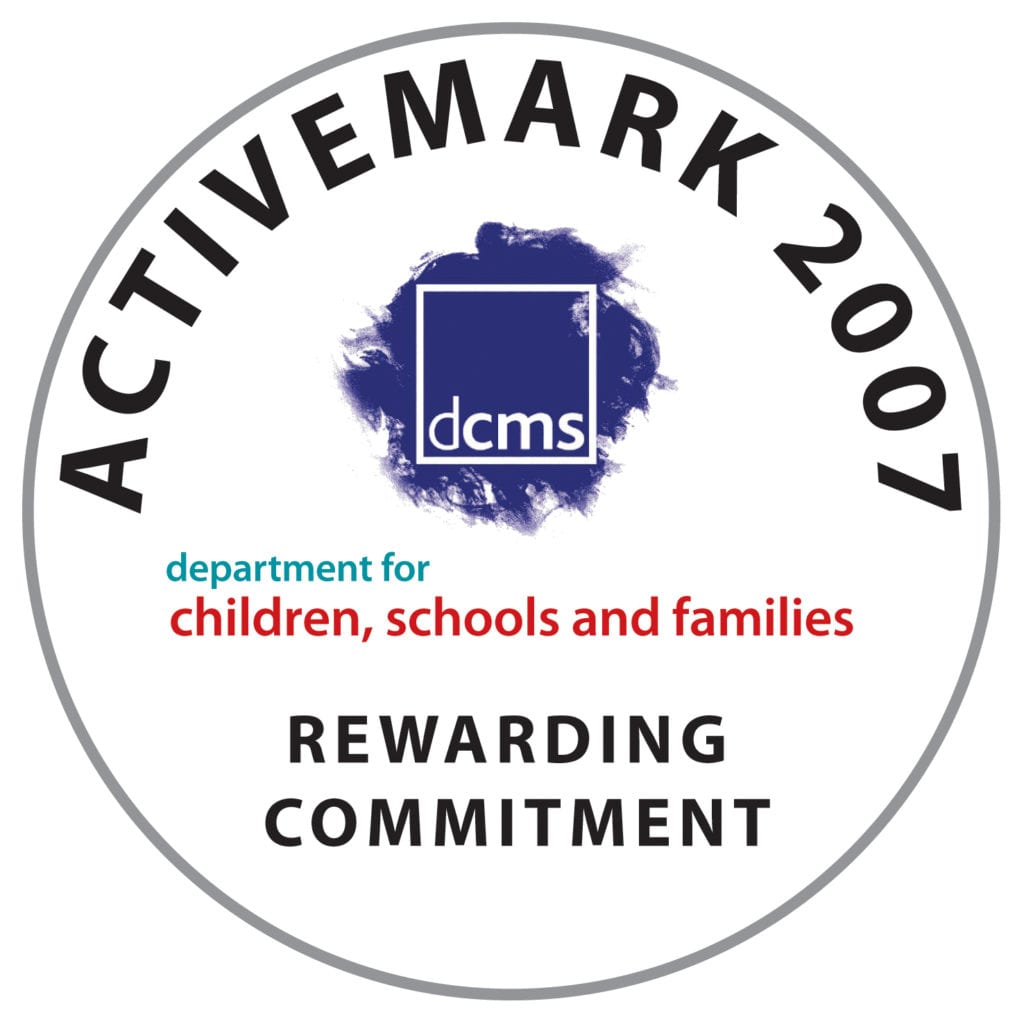English is studied throughout the school, following the National Curriculum.
We believe we are preparing children to study English to a high standard, including University. Whatever a child’s starting point, learning English well allows children to realise career goals in professions which rely on reading and writing (e.g. journalists, lawyers, writers etc.) as well as using English in a range of other careers.
We want children to read confidently (which will ‘open doors’ to accessing a wide range of subjects throughout their schooling) and develop a love of reading (which will ‘enrich their lives’). Children write at an increasingly high standard, deploying a range of writing techniques across various genres and spelling well. Synthetic phonics is used in Early Years and Key Stage 1 (with further intervention in Key Stage 2 if required) alongside wider language comprehension skills, which are further built upon in Key Stage 2. Reading for pleasure is encouraged and the Accelerated Reader programme in Key Stage 2 ensures that children are challenged and resilient in reading increasingly complex texts.
Topics are organised around the school’s reading spine, which allows children to study a range of literature, including those from other cultures, inspiring them to write creatively around a theme. Children are also explicitly taught the grammar, punctuation and spelling skills required to write effectively. This process supports learning by reducing their cognitive load so that when they write, the building blocks are in place for independent application. Lessons engage the children and scaffolding is provided to make lessons accessible for all. From Early Years to Year 6, teachers explicitly develop the children’s vocabulary so that they can communicate effectively, both orally and in their writing. Often, units use a ‘Stories/Talk for Writing’ approach, which supports children in internalising text structures and developing vocabulary in order that they can write with independence.
The curriculum is enriched by annual author visits, a whole-school English creativity week and additional visits such as trips to Seven Stories (in Reception). Subject coordinators evaluate if children are working at the required standard through work scrutinies, listening to children read, lesson observations and evaluation of school data compared to national expectations. As a school, we use the No More Marking comparative assessment system (an effective tool to assess whether children can independently apply their writing skills to an unfamiliar task) to check our children are writing to the expected standard in each year group.
Termly assessments of reading and writing are used to identify children who are making slower rates of progress, and interventions are focussed around skills needed to accelerate progress. In order that children are prepared for the next step in their education, in recent years, the subject coordinators have embedded the Accelerated Reader programme, developed Stories/Talk for Writing as an approach and continue to make improvements to the spelling scheme.
A Reading Spine of Quality Texts
We want all children at our school to develop a love for reading because once they have achieved that, we believe they can go on to achieve anything! At Tanfield Lea Community Primary School, we encourage reading through:
A reading spine of quality texts read throughout their time in Primary School ranges from picture books to longer, more challenging novels. These texts may be read to the children, read together, or read independently. The books will often be a stimulus for writing, discussions or just read for pleasure. Copies of the Early Years and Key Stage 1 and Key Stage 2 Reading Spines can be found here:
Early Years English Reading Spine
Progression in Englishhttps://tanfieldlea-primary.durham.sch.uk/wp-content/uploads/2023/12/Reading-Spine-KS1-KS2-Curriculum-Progression-Document.pdf
As a school we follow the English National Curriculum (linked to
Primary National Curriculum – English
The spelling, punctuation and grammar covered in each year group can be found in our Curriculum Plans Our Curriculum
Adobe Reader
You may need a product like Adobe Reader (free download) to view our PDF documents on our website.
